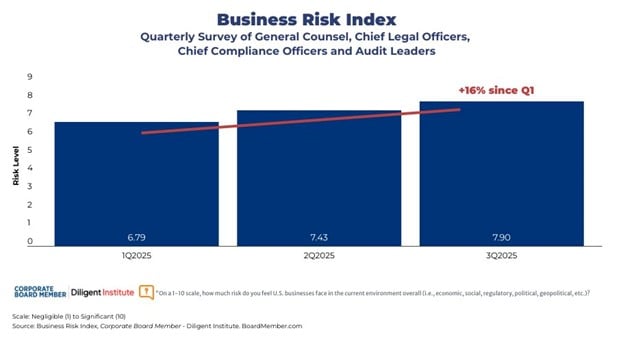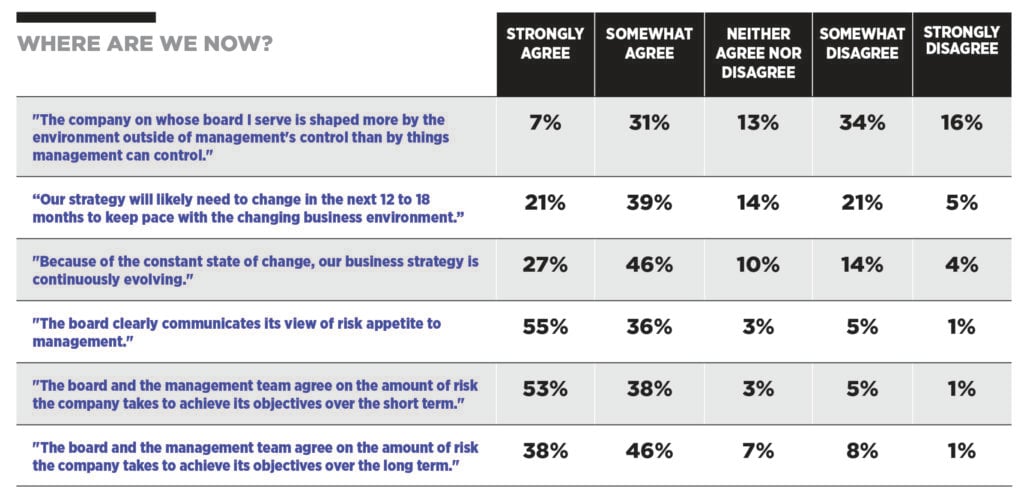If there was any doubt about the future of corporate diversity, equity and inclusion programs in the wake of the U.S. Supreme Court’s 2023 decision ending affirmative action in higher education, the Trump administration has put it to rest. Programs once considered a sign of corporate responsibility are now called “illegal DEI.” In May, the Justice Department announced a new Civil Rights Fraud Initiative that will use prosecutors, whistleblowers and the federal False Claims Act to go after any companies receiving federal funds that utilize racial or ethnic preferences. And the FCA has teeth: Penalties include treble damages.
RIGHTEOUS REVERSALS
“The administration, especially the Department of Justice, has highlighted they are on the lookout for ‘DEI in secret,’ policies that have changed in name but not in substance,” says Austin Evers, a partner with Freshfields in Washington and former associate deputy attorney general in the Biden administration. “If you changed the website, you need to do the work to adjust how you address these issues internally. Make sure your insides match the outside.”
More than half a century of employment-discrimination law is still on the books, of course. So, corporate human resource managers—and the directors who ultimately oversee them—must walk a careful line between what used to be considered legal and what the Trump administration now considers illegal. Explicit racial and ethnic quotas have always been over the line, but how about programs designed to address imbalances in how minorities are hired and promoted?
The answer: It’s complicated.
At the board level, companies must look at whatever DEI programs still exist and make sure they align with the Trump administration’s discrimination guidelines as well as any certifications and compliance documents filed with the federal government. While “illegal DEI” is an impossibly vague term, in March the Equal Employment Opportunity Commission said it includes any “employment action motivated—in whole or in part—by race, sex or another protected characteristic.” Mentoring and networking groups that are restricted to people with certain racial or ethnic backgrounds are probably out.
A WHISTLEBLOWING WORLD
It’s also a good idea for management to scan social media to identify any potential problems, such as employees complaining about reverse discrimination. Not only is the administration actively recruiting whistleblowers who stand to earn a bounty in a successful FCA case, but cameras are everywhere. In June, a University of North Carolina employee was caught on video saying “the word of the year is ‘finesse.’”
“If you’re looking for, like, an outward DEI position—not gonna happen,” said the employee on hidden-camera video captured by Accuracy in Media. “But if you are interested in doing work that is covert, there are opportunities.”
That employee no longer works for UNC. But companies must do what they can to avoid similar embarrassment or even potential criminal penalties for submitting false DEI documents with the government. The Civil Rights Fraud Initiative will assign a lawyer in each of the 93 U.S. Attorney offices around the country to seek out cases and work with whistleblowers and other agencies to bring FCA cases.
Multinational companies face even bigger risks. The Trump administration’s anti-DEI push may conflict with rules in the European Union and Canada, not to mention certain U.S. states. Companies have to craft U.S. policies and “ring-fence them” to avoid violating international standards, Evers says.
“It is a thicket of competing and sometimes inconsistent laws, but the administration is putting the burden on companies to comply,” he says.







